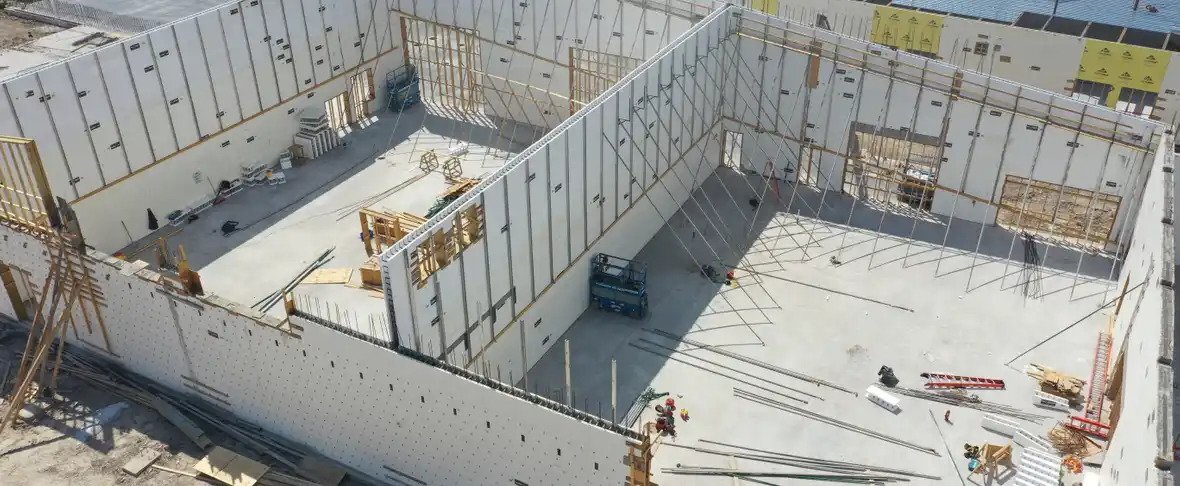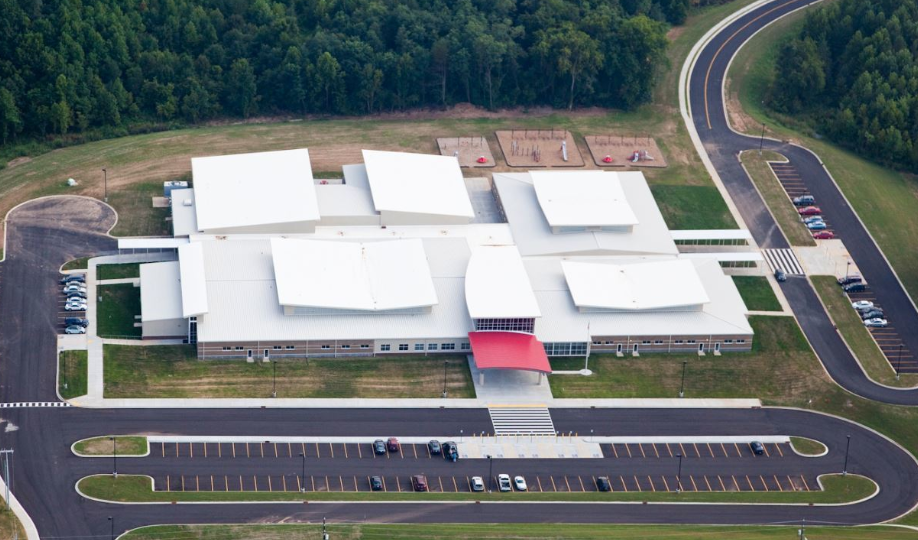
The Backbone of Modern Construction: Steel Reinforced Concrete Walls

What R-Value Do You Need for Basement Walls?
The proper R‑value of basement walls will produce energy-efficient, durable, healthy, and comfortable homes. Learn what R‑value your basement walls should have.

Architectural Design Solutions: Using ICFs for Stylish Structures

Blower Door Test 101: Essential Guide to Airtightness in ICF Construction

Highlights of The 2021 ICF Builder Awards

Building for the Future: Exploring ICF Construction in Washington State

Get Quicker Winter Construction with ICF

Supporting Green Initiatives in Government with ICF Construction
Despite understanding the need for sustainability, many architects, designers and building owners see the associated costs as a barrier. The reality is that, while switching to sustainable building practices does require an initial investment, it’s not as much as many assume.

Why Real Estate Investors Should Rebuild with ICF Instead of Fix and Flip
Real estate investors can limit the financial risks of fix and flip construction by demolishing the old structures and rebuilding with insulated concrete forms (ICFs).

Why More School Boards Are Turning to ICF School Construction for Long-Term Cost Savings